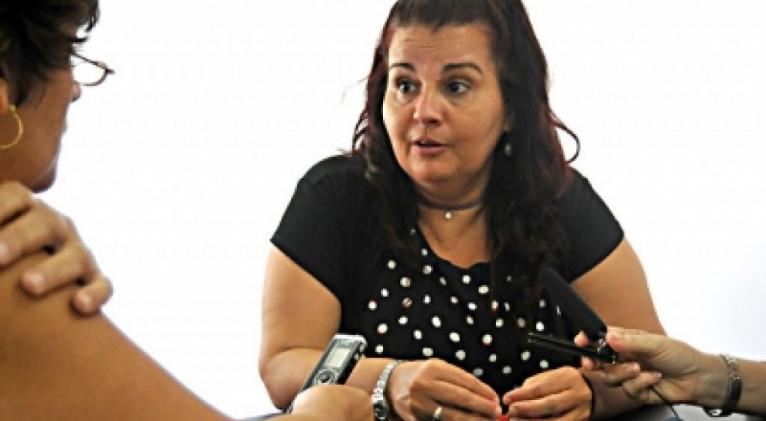Cuba’s role in comprehensive sexual education highlighted
especiales

National Program Officer of the United Nations Population Fund (UNFRA), Marisol Alonso de Armas, provided details on the issue.
“Cuba is one of the countries of Latin America that has progressed the most in implementing a comprehensive sexual education program (EIS)”, assured Marisol Alfonso de Armas, National Program Officer of the United Nations Population Fund (UNFRA).
When replying to some concerns to CubaSi, the officer mentioned the educational field where a ministerial resolution, in force since 2011, holds the main methodological elements aimed at the inclusion of such contents in the curricula and training of the teachers.
She commented the need for teenagers to be educated and informed on aspects of concern for this population segment, such as the first couple relations. It’s important they can negotiate in this stage of life –she stated–, for example whether they wish to begin sexually or not; under what conditions; whether they want to use any contraceptive.
And in that extent, UNFRA’s message seeks to inform them where they can go to look for information, either about the body, violence or any sexually transmitted infection. Likewise, it helps teachers in general improve their knowledge on gender topics.
Hence, the importance of the comprehensive sexual education (EIS) —as part of the curriculum— so, education be inclusive and qualitative.
The officer also highlighted that Cuba has been identified regionally within the successful experiences regarding the intersectoral work, which has allowed it to achieve satisfactory results in its aims.
This work not only includes the Ministry of Education, but also Higher Education, Justice, Culture and Public Health –within the latter the National Sex Education Center (CENSEX)– and civil society organizations, such as the Federation of Cuban Women (FMC), the National Union of Jurists of Cuba (UNJC), among others.
She acknowledged that such an effort has been well recognized because of the complexity to gather several institutions in a given issue. “Actually, should it is not done that way it is very difficult to achieve the aims at EIS, because it is necessary to know gender, human rights topics; to attain coherence among the communicative scope, that is, the media, what is taught at school, and what is ruled in our regulatory frameworks.
The official mentioned some interesting data that support the importance of working with and for teenagers, like the fact that in our country –according to the national fertility survey– the onset of sex life takes place around sixteen years. Boys a bit earlier than girls.
Although Cuba is one of the countries in the region that has the lowest adolescent pregnancy rates, it has been acknowledged this is an indicator that can be affected.
“We are trying to focus on those regions of the country where there are the largest pregnancy rates in adolescents, and we are also accompanying the ministries of Public Health and Education in this effort, supporting the investigations of the Center for Demographic Studies of the University of Havana”, she stressed.
Translated by Jorge Mesa Benjamin / Cubasi Translation Staff













Add new comment